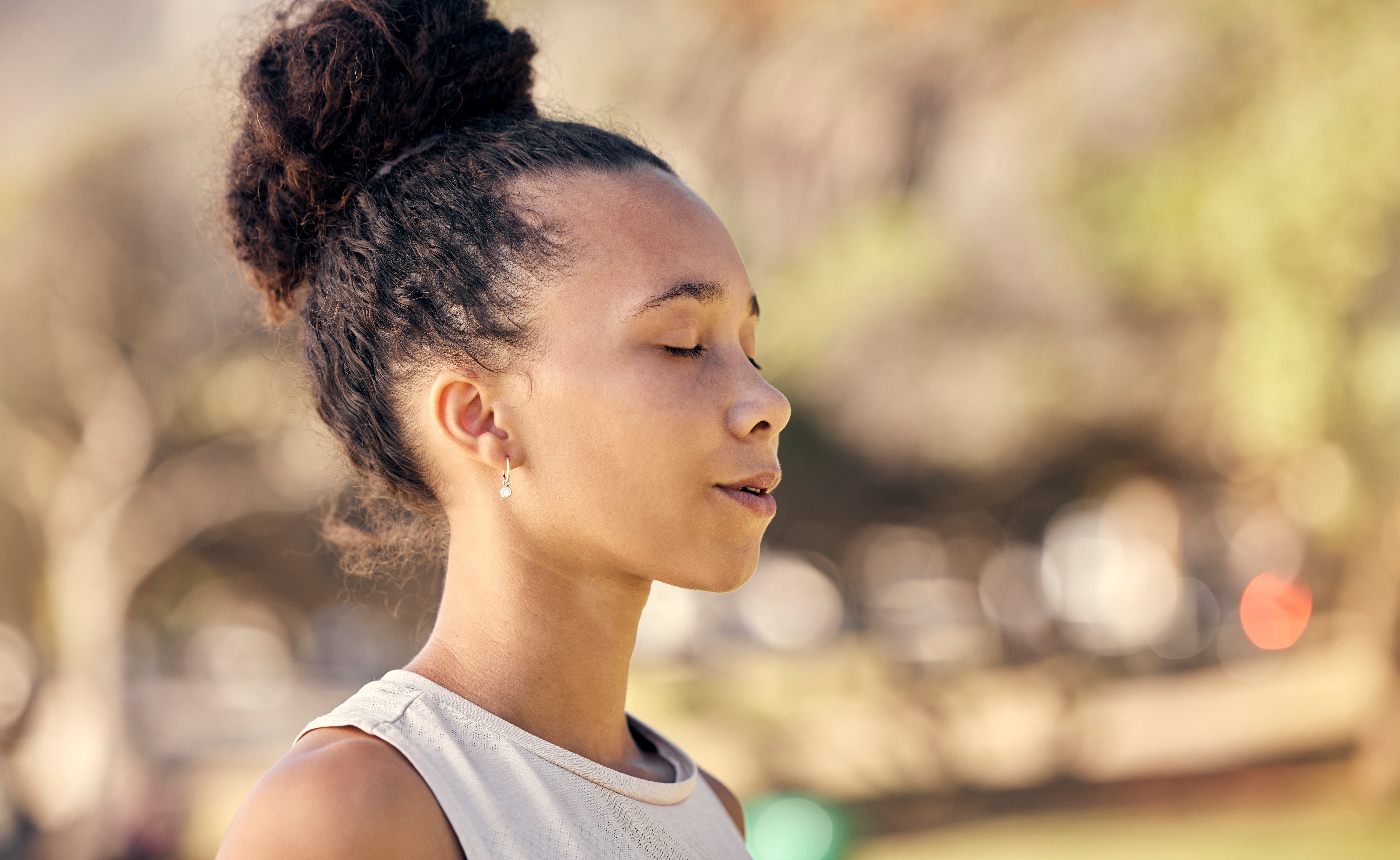How Your Body Reacts to Stress
3. The Breath's Rhythm: Respiratory Changes
Stress can significantly impact our breathing patterns, often causing us to take rapid, shallow breaths. This response is designed to increase oxygen intake, priming the body for quick action. However, prolonged shallow breathing can lead to hyperventilation, dizziness, and even panic attacks. By becoming aware of these changes, individuals can practice deep breathing exercises to counteract stress and promote relaxation. Techniques such as diaphragmatic breathing or mindfulness meditation can help restore a calm, steady rhythm to our breath, allowing us to better manage stress and maintain a sense of control over our physiological responses.
4. The Skin's Symphony: Dermatological Responses

Our skin is a sensitive barometer of stress, often manifesting its effects through conditions such as acne, eczema, or psoriasis. Stress-induced hormonal changes can increase oil production, leading to breakouts, while inflammation can exacerbate existing skin conditions. Additionally, stress can impair the skin's barrier function, making it more susceptible to irritants and allergens. Understanding the connection between stress and skin health empowers individuals to adopt stress-reduction practices and skincare routines that support a healthy complexion. Techniques such as regular exercise, sufficient sleep, and stress management can help mitigate these dermatological responses and promote overall skin health.
